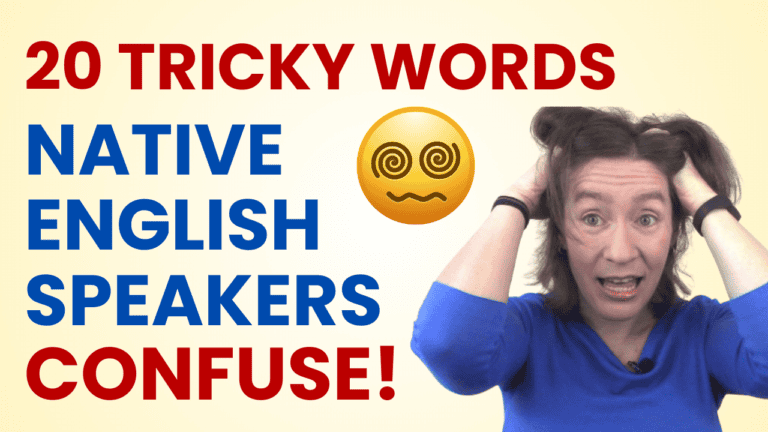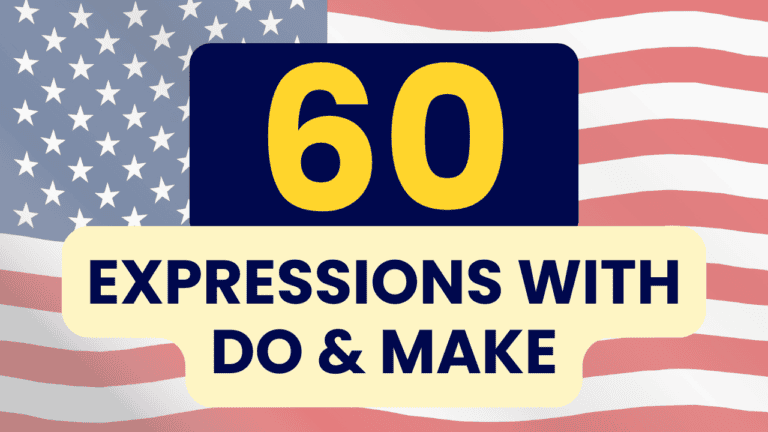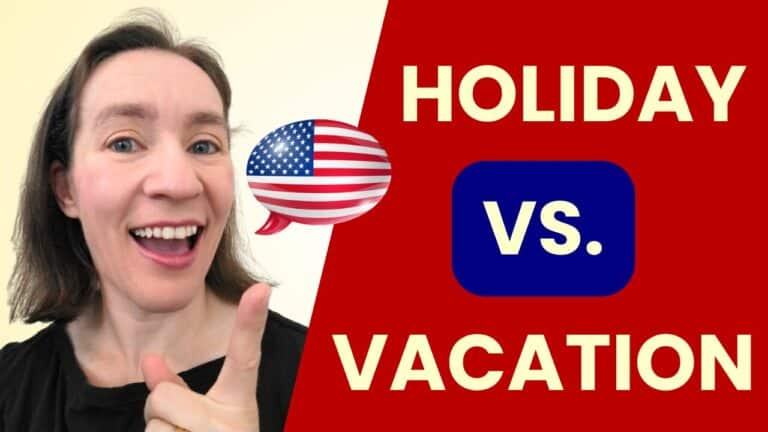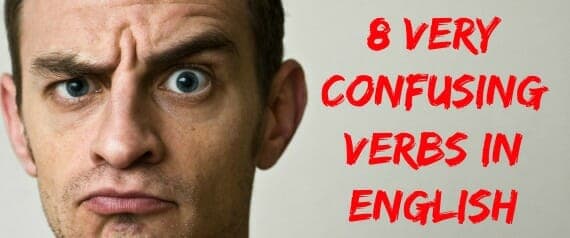
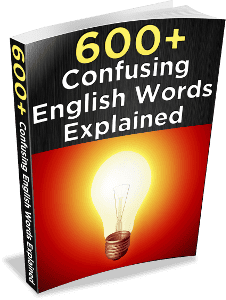 This is a free sample from the e-book 600+ Confusing English Words Explained. It will help clear up your doubts about how to use English words correctly, so that you can speak and write more confidently. Click here for more information!
This is a free sample from the e-book 600+ Confusing English Words Explained. It will help clear up your doubts about how to use English words correctly, so that you can speak and write more confidently. Click here for more information!The English language has a number of words that are very similar. These eight verbs in English seem like they are the same… but there are some small differences in their meanings and/or use. Read this lesson to make sure you don’t confuse them!
close / shut
You can use both close and shut with doors and windows:
- Please close the door.
Please shut the door. - I shut the window because the bugs were getting in.
I closed the window because the bugs were getting in.
With eyes and mouths, “close” is probably a little more common than “shut” (especially with mouth):
- She closed her eyes and tried to fall asleep.
- The dentist asked me to close my mouth.
“Shut your mouth!” is a VERY rude way to tell somebody to stop talking.
If you say somebody “closed his/her eyes to something,” it means they ignored something wrong or bad and pretended they were not aware of it.
- She closed her eyes to the problems in their relationship, and now she’s in a miserable marriage.
When talking about a store, bank, post office, etc. stopping its operations for the day – or a road that is blocked because of construction or damage – we use only close:
- The bank closes at 4 PM.
- What time does the post office close?
- The road is closed because of the snowstorm.
start / begin
You can use both start and begin for an activity:
- I started playing the piano when I was 8 years old.
- What time does the meeting start?
- He’s beginning to read more advanced books in English.
- We left the park when it began to rain.
When you turn on a car or vehicle, use “start”:
- I had to call a mechanic because my car wouldn’t start.
In general, begin is used for more formal and more abstract ideas:
- Scientists are studying how life on earth began.
- World War II began in 1939.
end / finish
When something ends, it means it stops:
- My English class ends at 7:30.
- I ended my last relationship because I felt we had nothing in common.
When something finishes, it means it is completed:
- She finished the test and gave it to the teacher.
- We need to finish painting the house.
listen / hear
Hear is often used for the action that you do accidentally:
- Did you hear that? It sounded like a gunshot!
Listen is often used for the action that you do intentionally:
- I listened to the new CD.
There are some exceptions – some cases when “hear” is used for intentional listening:
- I heard (= listened to) an interesting show on the radio last night.
The word “hear” can also refer to communication – when you learn something because somebody told you:
- I heard (= somebody told me) your daughter got into a car accident. Is she all right?
- Have you heard about the new Batman movie coming out soon?
Finally, the expression “hear from” a person or company means to receive any type of communication from them (could be a phone call, an e-mail, or a letter).
- I sent my application for the job, but I haven’t heard from the company yet. (= they haven’t contacted me yet)
- I was thrilled to get your e-mail – it was so nice to hear from you after all these years!





